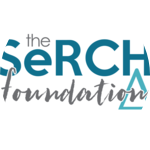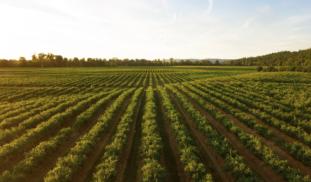Please wait...
About This Project
In the United States, 1 child dies of injuries sustained during farm work every 3 days. Protective social policies could reduce the incidence of these injuries and improve the health of over 700,000 child farmworkers, largely from low-income families. Using an innovative systems-change approach, we will work alongside community partners in the Midwest to study the health impacts of occupational hazards on child farmworkers and develop sustainable policies to protect them.

Browse Other Projects on Experiment
Related Projects
What kinds of supports are needed to enable a transition to a low-carbon US commercial fishing fleet?
The urgency of climate change and record-high diesel fuel prices are motivating commercial fishermen to...
How can complex systems research protect child farmworkers?
In the United States, 1 child dies of injuries sustained during farm work every 3 days. Protective social...
Do Shadow Groups Run Our Democracy? How Interest Group Advertising Persuades Voters
Who are Americans for Prosperity or American Future Fund? They and other interest groups spend millions...




